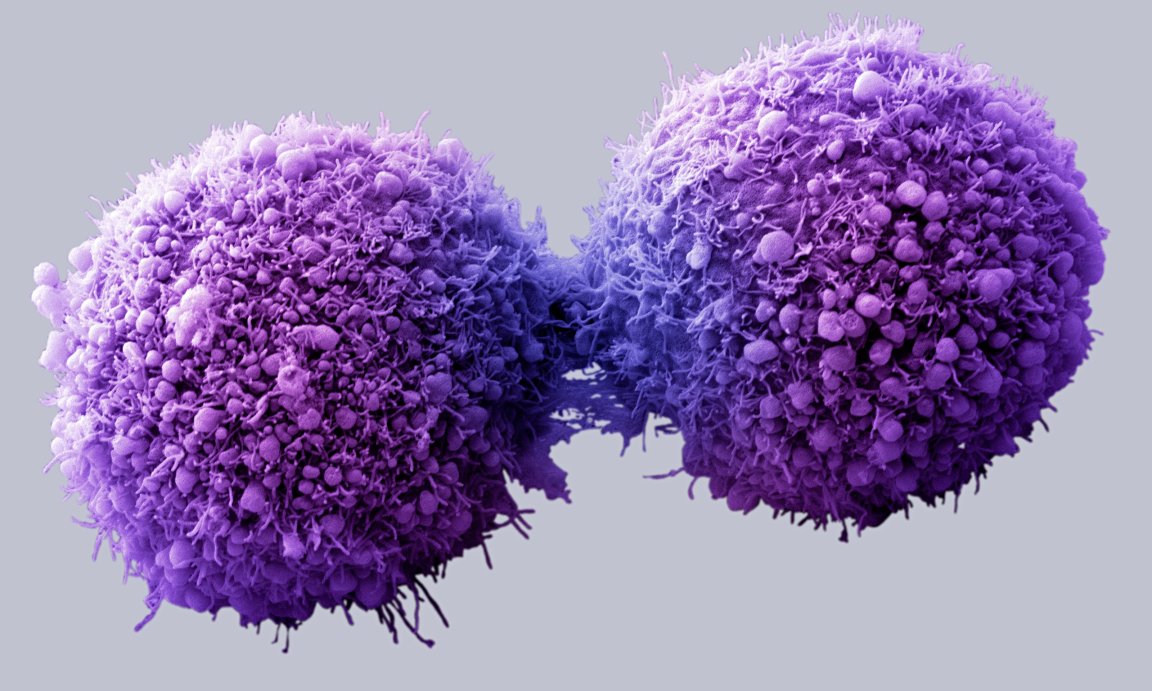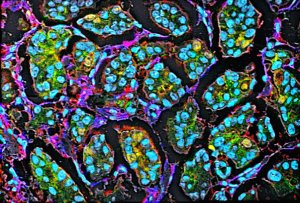
ProAgio, The Progenitor of Death

Researchers from Georgia State University developed a new protein designed to target the surface of cell receptors showing links to many different diseases. Development of this new protein has to potential in being used to treat a vast number of disease. The most notable? Cancer.
However, as is always the case, there is a long window between research and the development of new treatments. FDA approval is, in itself, generally a decade long process, and this doesn’t even take into consideration all the clinical trials that are necessary prior to approval. Still, the information adds new information to our understanding of this disease.
The newly developed protein is called ProAgio, a human protein derivative capable of inducing the death of other cells, a process called apoptosis—a function found in other similar therapies. It specifically targets the surface of a cell receptor called integrin αVβ₃ which, when allowed to be expressed in abnormal quantities within the body, can be linked to the alleged development and even progression of a vast array of diseases.
Researchers also see ProAgio’s potential in treating cancer. Though integrin αVβ₃ is naturally expressed by our bodies through new blood vessels and immune cells, called macrophages, and bone cells, studies have shown that integrin αVβ₃ is also abundantly expressed by cancer cells that spread to other parts of the body. Methods prior to ProAgio worked on attaching the protein to the active site of the integrin but have been proven to be ineffective.
Researchers developed ProAgio to target the integrin at a different site. As soon as the protein attaches, it activates apoptosis, killing the pathological cells and the disabling of the disease’s progression.
Laboratory Results and Implications
Laboratory tests have explored the interaction between ProAgio and integrin αVβ₃. Results show that ProAgio binds well with the integrin, allowing the new protein to activate apoptosis by releasing an enzyme called caspase 8 to the integrin’s ctyoplasmic area. These studies have proven ProAgio’s effectiveness in activating cell death as compared to other similar treatments.
Other laboratory tests have also seen ProAgio’s ability to inhibit the growth of tumors in mice. After analyzing tissue collected from the mice, it was discovered that the protein was able to prevent blood vessels in tumors from growing without affecting the normal blood vessels around it. In addition, the tests also reflected that ProAgio is non-toxic to the unaffected organs and tissue cells of the mice.